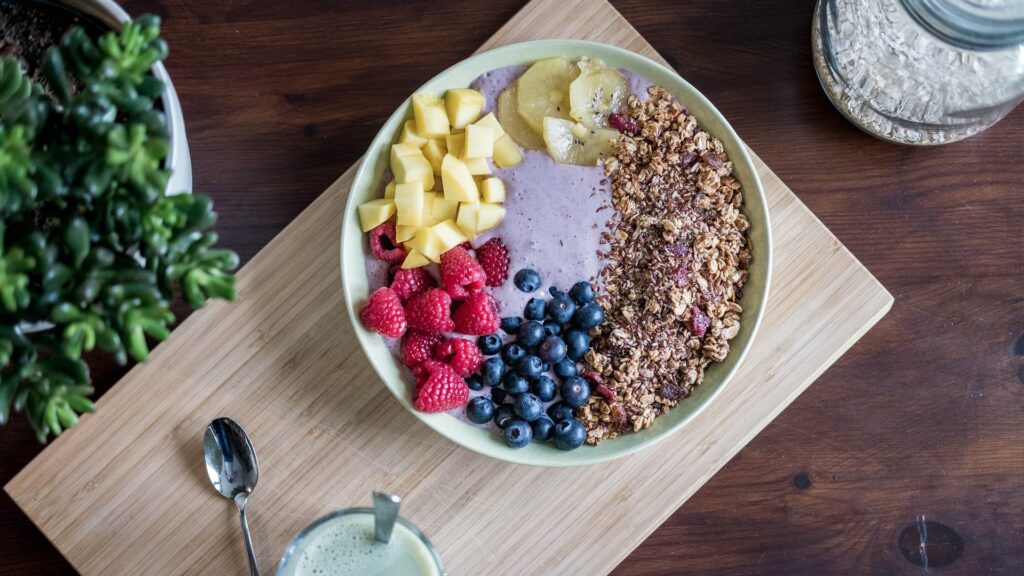Introduction:
A plant-based diet has gained immense popularity in recent years, and many individuals are now exploring vegan alternatives to traditional sources of protein. In this comprehensive guide, we will delve into the world of vegan protein, providing you with valuable insights into the different sources, their nutritional benefits, and how to ensure a well-rounded protein intake on a vegan diet.
Understanding Vegan Protein:
Plant-based protein sources play a vital role in a vegan diet, providing the necessary amino acids needed for building and repairing tissues. While animal products offer complete protein, vegans can easily meet their protein needs by combining various plant-based sources to form complete proteins. Understanding these sources is essential to ensure optimal nutrition.
Plant-Based Protein Sources:
1. Legumes: Beans, lentils, and chickpeas are excellent sources of protein, high in essential amino acids, fiber, and other nutrients. Incorporating legumes into your meals can provide a solid protein base.
2. Grains: Quinoa, brown rice, and whole wheat products can contribute to your protein intake. These grains offer a good balance of essential amino acids when combined with other protein sources.
3. Nuts and Seeds: Almonds, chia seeds, hemp seeds, and flaxseeds are protein-packed and can enhance the nutritional value of your meals. They are also rich in healthy fats and other beneficial nutrients.
4. Soy Products: Tofu, tempeh, and edamame are complete sources of plant-based protein. These versatile soy products can be incorporated into various dishes, offering different textures and flavors.
5. Vegetables: Certain vegetables like spinach, broccoli, and Brussels sprouts contain a surprising amount of protein. Adding these vegetables to your meals not only boosts your protein intake but also provides essential micronutrients.
Benefits of Vegan Protein:
A vegan protein-rich diet offers numerous benefits. By incorporating these plant-based protein sources into your meals, you can experience enhanced digestion, improved weight management, reduced risk of chronic diseases, and increased energy levels. Additionally, consuming vegan protein can promote environmental sustainability and reduce animal cruelty.
Creating Balanced Vegan Meals:
To ensure a well-rounded protein intake, it is essential to combine different plant-based sources to form complete proteins. For instance, combining rice and beans, hummus on whole wheat bread, or tofu in stir-fry with brown rice can provide a complete amino acid profile. It’s also important to vary your protein sources throughout the day to obtain a wide range of essential nutrients.
Conclusion:
Incorporating vegan protein into your diet is not only feasible but also beneficial for overall health and well-being. By diversifying your protein sources and ensuring a balanced diet, you can easily meet your nutritional needs as a vegan. So, embrace the power of plant-based protein and enjoy the countless delicious and nutritious options available for a healthy and sustainable lifestyle.
Remember to use relevant tags like vegan, plant-based diet, protein sources, nutrition, and health. Categorize the blog post under “Health and Nutrition”.

